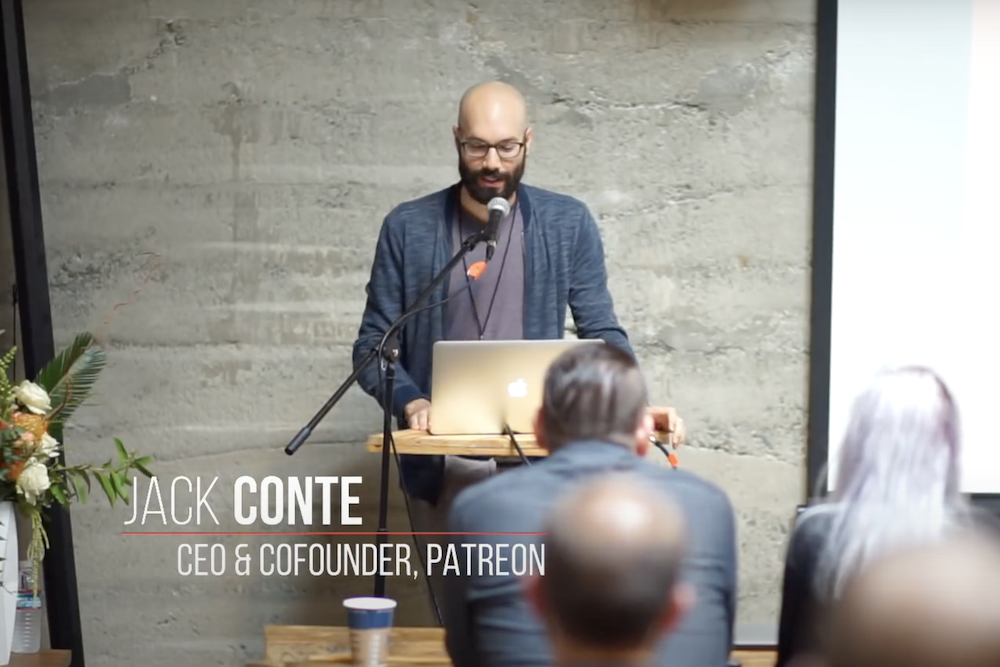“The One Who Waits” is a science fiction short story by one of my favourite short fiction authors, Ray Bradbury.
Before we jump in, here is a narration of the story I found on YouTube. For copyright reasons, I won’t share the full text on the blog (as much as I would like to for convenience), however a quick Google search is often enough to find the story posted elsewhere. If not, pop over to your local library or bookstore to pick up a copy of The Machineries of Joy by Ray Bradbury. You can even lend the ebook copy if your library offers it (it’s the second story in the anthology).
Even if you haven’t read the story, my hope is that some of my comments on Bradbury’s techniques may still be illuminating for your own writing.
Spoilers ahead, so come back later if you’d rather read it first.
synopsis
“The One Who Waits” is about a nebulous alien being who lives a solitary existence in an ancient well on the planet Mars. One day a rocket lands nearby and humans come to investigate the well. The alien being rises out of the well and possesses one of the human crew members without the other crew members noticing. A tiny voice of the human remains in the mind, pleading to be let out, and eventually the body rejects the alien, has a seizure, and dies. However, the being goes right on ahead and possesses the captain this time. And when the captain manages to regain some control and commit suicide, the alien possesses the rest of the crew all together and marches them back to the well. One by one, the alien forces them jump to their death. The story ends with the alien back in the well and another rocket on the way.
quotes & techniques
Now I’ll go over some of my favourite quotes and discuss the techniques Bradbury uses in this story.
"What's over here?" "A well!" "No!" "Come on. Yes!"
Maybe a it’s a bit of a stretch, but I would argue that there may be some foreshadowing in this dialogue. Someone yells “No!” when the crew wants to investigate the well. It lends the feeling that something may be very wrong. It seems a bit out of place that the crew has arrived on Mars for the purpose of exploring, yet one of the crew members is hesitant to approach the well. Of course, it is entirely possible that I’m reading too much into this, and maybe the “No!” is meant more as an exclamation like “No way!”. But that’s not how I read it.
Another interesting thing is that we don’t know the names of any of the characters until one of them becomes possessed. Similarly, there is no dialogue attribution in the beginning; we don’t know which crew members are speaking which bits of dialogue. This keeps us firmly planted in the alien being’s point-of-view (POV). It doesn’t matter to the alien who is who. The alien simply possesses the closest crew member when they get close.
One voice. An alien voice. An alien tongue I cannot know. No word is familiar. I listen.
It’s unusual that the alien is using the word ‘alien’ to refer to humans. But to an inhabitant of Mars, humans are alien. As touched on above, we experience the story from the alien’s perspective, taking the form of first-person narration.
"Did you drink the water yet?" "No, I haven't. It's not that. I was just bending over the well and all of a sudden my head split. I feel better now." Now I know who I am. My name is Stephen Leonard Jones and I am twenty-five years old and I have just come in a rocket from a planet called Earth and I am standing with my good friends Regent and Shaw by an old well on the planet Mars.
The first time I read this, I honestly couldn’t believe what I was reading. The idea was just so… horrifying. But then I acknowledged the seamless, effortless switching of POV, and my horror swiftly transformed into admiration. We also find out that the alien being can possess humans seemingly at will without them having drunken the well water. We learn that this being is powerful. But we are frightened because we don’t know what its motives are.
I nod my head and it is good to nod. It is good to do several things after ten thousand years. It is good to breathe the air and it is good to feel the sun in the flesh deep and going deeper and it is good to feel the structure of ivory, the fine skeleton hidden in the warming flesh, and it is good to hear sounds much clearer and more immediate than they were in the stone deepness of a well. I sit enchanted.
The alien being is almost child-like in a sense. But in a brutal, almost gory way. The first two sentences are like, okay, cool, the alien is appreciating the experience of manipulating someone else’s body. That’s nice. Good for them.
But then the next few sentences talk about going deeper into the body and its constituent parts, which is much more alarming and feels very invasive. It’s creepy as hell, but I appreciate that these words can have such an effect on me as I’m reading them. It’s meant to disturb.
“Jones is dead.” “From what?” “Shock, it looks like.” “What kind of shock?” I say, and my name is Sessions and my lips move crisply, and I am the captain of these men. I stand among them and I am looking down at a body which lies cooling on the sands.
It happened again. You think that the being might’ve died in that other body, but nope. The story doesn’t end there.
“Good God, he’s killed himself!” I cry, and open my eyes and there is the captain lying against the rocket, his skull split by a bullet, his eyes wide, his tongue protruding between his white teeth. Blood runs from his head. I bend to him and touch him. “The fool,” I say. “Why did he do that?”
And again.
Now we get to the ending. The circular ending is employed quite well here. Quite good, I mean—the word ‘well’ seems unpleasant to me now. The passages at the beginning and end of the story are not exactly the same, but they are very similar (differences bolded).
Compare the introduction:
I live in a well. I live like smoke in the well. Like vapor in a stone throat. I don’t move. I don’t do anything but wait. Overhead I see the cold stars of night and morning, and I see the sun. And sometimes I sing old songs of this world when it was young. How can I tell you what I am when I don’t know? I cannot. I am simply waiting.
To the conclusion:
I live in a well. I live like smoke in a well. Like vapor in a stone throat. Overhead I see the cold stars of night and morning, and I see the sun. And sometimes I sing old songs of this world when it was young. How can I tell you what I am when even I don’t know? I cannot. I am simply waiting.
I find myself wondering why Bradbury wouldn’t just use the exact same passage at the beginning and end. The differences are quite negligible. I’m still not sure what to make of it.
This is more of a formatting thing, but I really like that the last “I am simply waiting” is on a new line in the conclusion. It gives the phrase more emphasis and leaves the reader with this last thought, that there is still an alien on Mars just waiting for the next rocket to arrive so that the same thing can happen again.
What did you think of the story?
Did you notice anything else that I missed in my post?
I hope you enjoyed this post! Please let me know what you think and share any suggestions for how I can improve this format. I really enjoyed preparing this post and it was lovely to go back and revisit one of my favourite short stories of all time. I hope you found some of my highlights entertaining and useful for your own writing.
Since yesterday I’ve been playing around with the idea of giving my thoughts on some of my favourite short stories. This is a bit of a trial run, so bear with me as I try to figure out how to structure my short story commentaries. Let me know if this type of post is something you would like me to continue in the future!
I’m currently working on another lessons post, but I haven’t been able to complete it yet (I always underestimate how long it takes to research and write these!) so I’ll do my best to have it ready for next week.
As always, feel free to discuss in the comments below or reach out via the contact form. I’d love to hear from you!
If you enjoyed this post, please consider subscribing to my email list by clicking the button below:


